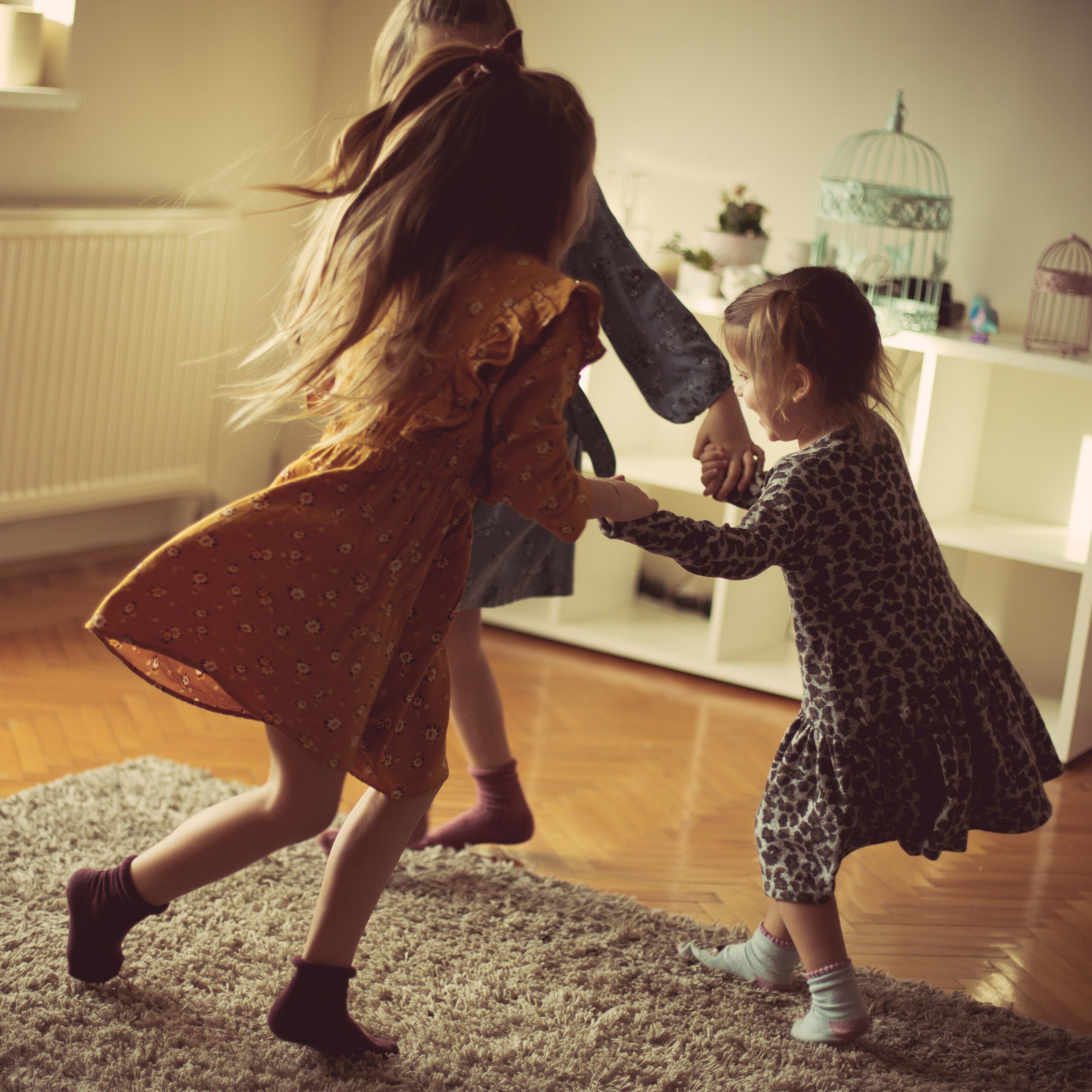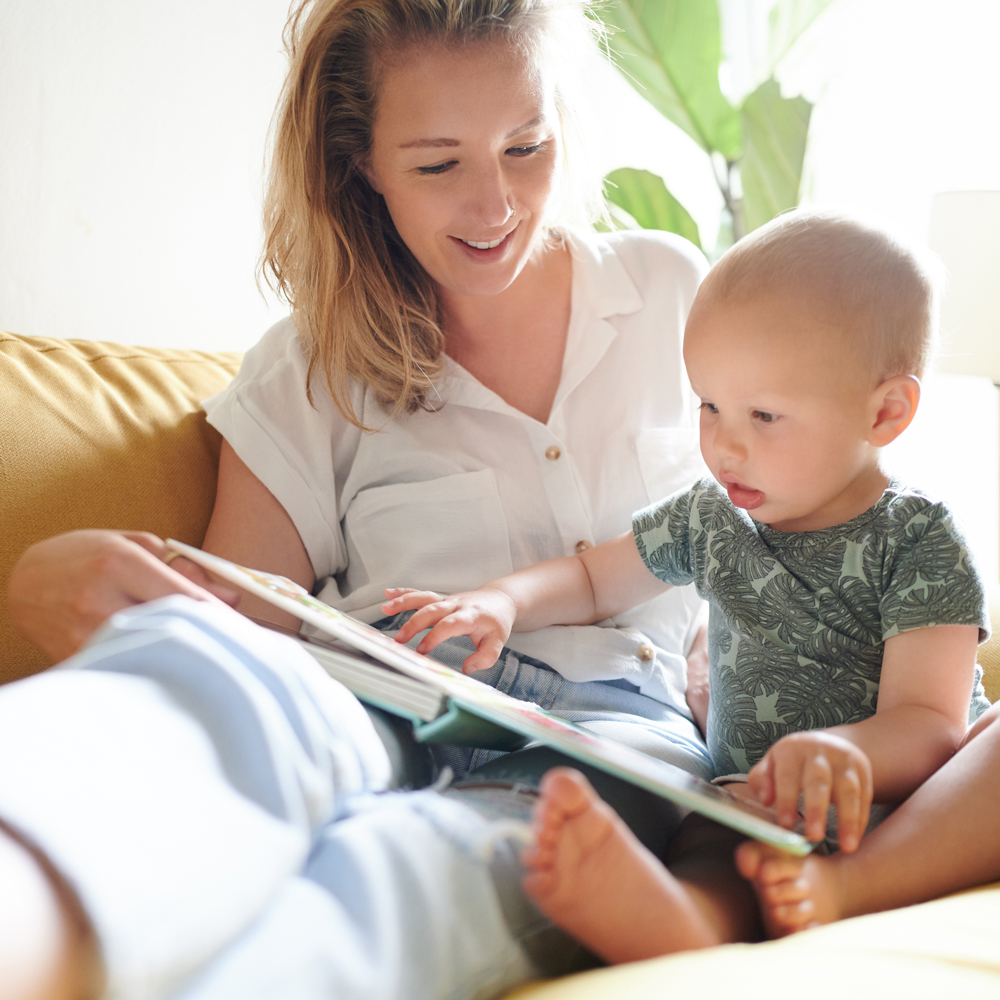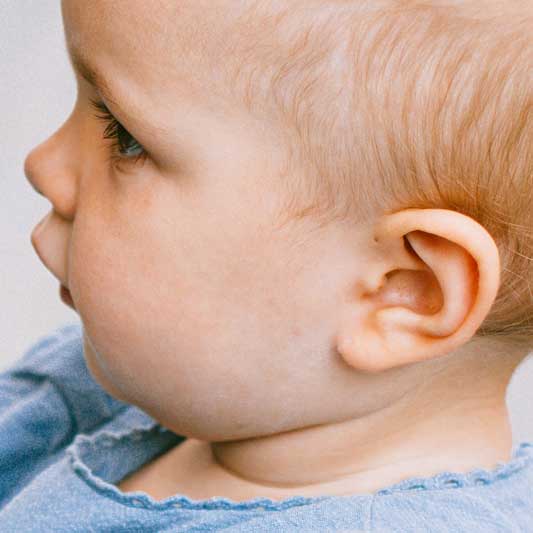Toddler Development Milestones

A general guide for what most toddlers learn to do from 1-2 years old in terms of social, communication and physical skills, and how you can best support their development.
MILESTONES
By 15 months, most toddlers will be able to:
- Give you a hug.
- Point to different body parts.
- Point to familiar items, people or toys when you name them.
- Drink from a cup, with some spills.
- Use a spoon.
- Follow basic instructions, such as “stand up” or “shoes on”.
- Try to help you when you are getting them dressed.
- Hold a pencil, crayon or pen and do some scribbles.
- Stack two blocks.
By 18 months, most toddlers will be able to:
- Understand their own name.
- Walk on their own and possibly run.
- Turn the pages of a book and point at the pictures.
- Stack three or four blocks.
- Use 10 or more common words but may have difficulty with pronunciation.
- Try to help you when you are undressing them.
- Sit in a small chair or try to get up into your chair.
- Go and get a toy from another room when asked.
- Pick up tiny objects like crumbs.
- Throw objects, like a ball.
By 24 months, most toddlers will:
- Start having tantrums.
- Display some separation anxiety when they are separated from you.
- Begin to feed themselves with a spoon.
- Be able to drink from a cup.
- Say 2-3 word sentences.
- Ask for “more”.
- Say “no” when asked a question.
- Copy you.
- Be able sit on their own in a small chair.
- Kick a ball.
- Walk around carrying larger objects.
- Possibly be able to walk backwards.
- Be climbing.
- Be starting to engage in pretend or imaginary play.
By 15-18 months, your toddler will likely have strong bonds with you, your partner and their primary caregiver/s.
THINGS TO WATCH FOR
Speak to your GP if you notice that by 15 months your child:
- Doesn’t make eye contact with you.
- Has a lazy-eye (an eye that turns in or out), crossed eyes, or a squint.
- Doesn’t follow objects with their eyes.
- Isn’t interested in or responsive to sounds.
- Doesn’t respond to their name when called.
- Isn’t babbling.
- Isn’t using single words.
- Doesn’t make gestures like waving and pointing.
- Doesn’t seem to understand you.
- Doesn’t show emotions or feelings – is always ‘good’.
- Is unable to stand, even with support.
- Uses one hand noticeably more than the other.
Speak to your GP if you notice that by 18 months your child:
- Doesn’t say any single word with meaning.
- Has no interest in cause and effect games, such as shaking a toy to hear the sound or knocking over blocks to see them fall.
- Is not walking.
- Can’t follow simple instructions, like “come here” or “please sit down”.
- Doesn’t make gestures like waving and pointing.
- Doesn’t like to make eye contact with you or give you cuddles.
- Uses one hand noticeably more than the other.
Speak to your GP if you notice that by 24 months your child:
- Seems to have trouble seeing or hearing things.
- Doesn’t say any single word with meaning.
- Doesn’t make gestures like waving and pointing.
- Can’t follow simple instructions, like “come here” or “please sit down”.
- Doesn’t like to make eye contact with you or give you cuddles.
- Doesn’t display feelings or emotions.
- Doesn’t copy actions or repeat words.
- Doesn’t engage in pretend or imaginary play.
- Is unable to walk up and down stairs, even with support.
- Isn’t walking on their own.
- Can’t run.
- Finds it difficult to handle small objects, such as a pencil or crayon.
- Isn’t scribbling.
- Uses one hand noticeably more than the other.
THINGS TO REMEMBER
There is a wide range of what’s ‘normal’. Every child is different and they all reach milestones at various speeds and ages.
Try not to compare your child to others. It can often cause you more stress and worry than good.



